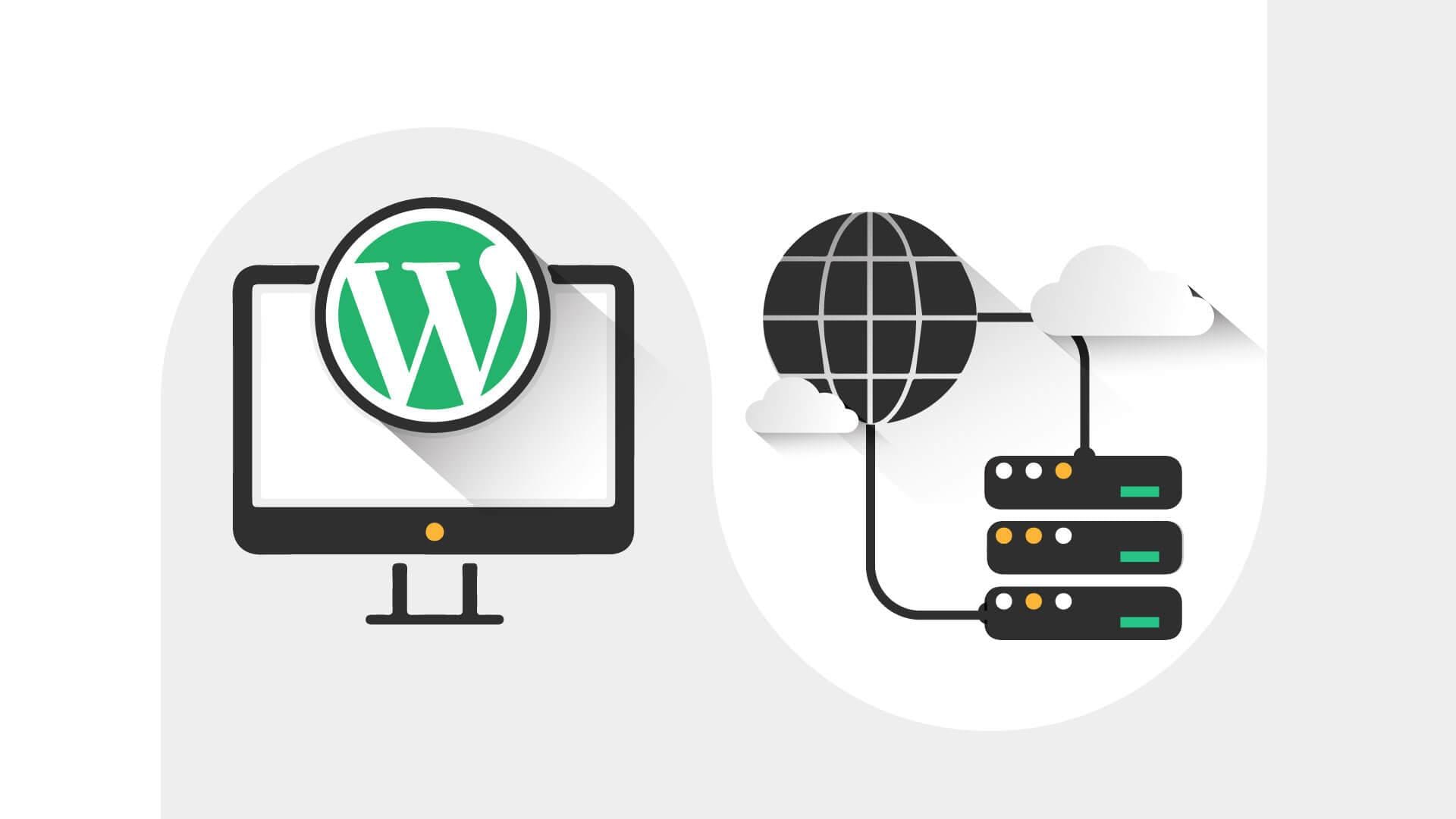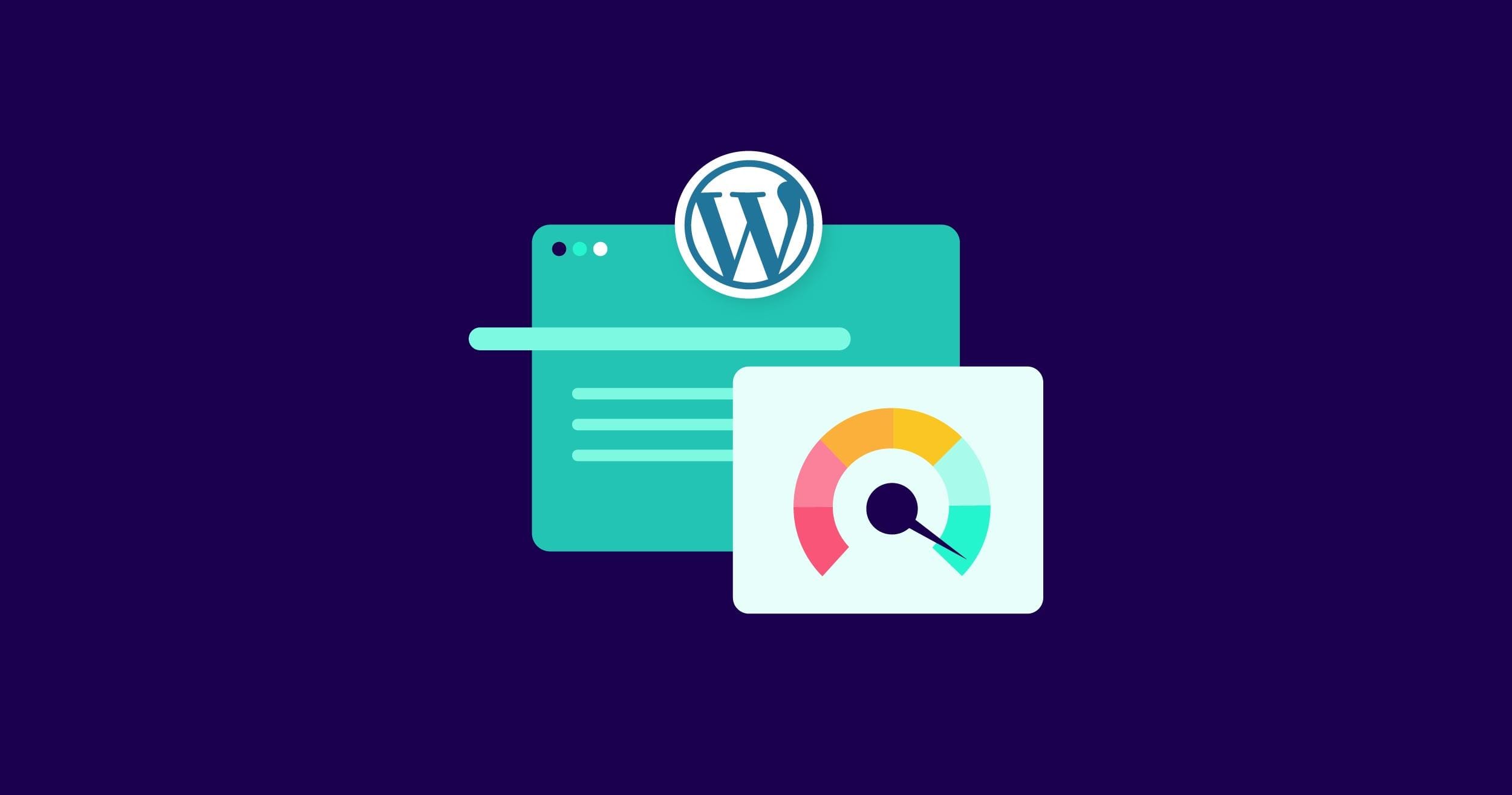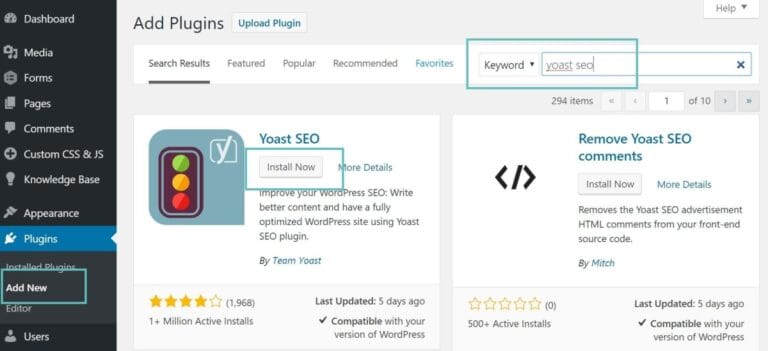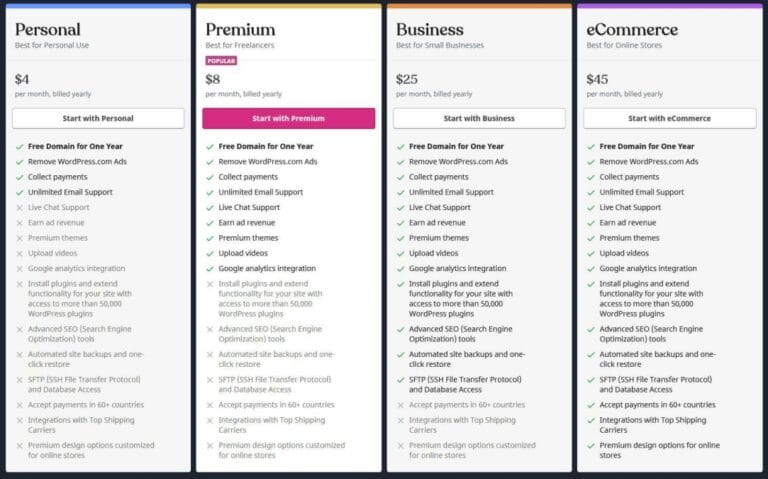When it comes to building a website, teh choices can be overwhelming. You’ve got a million platforms out there, but WordPress is frequently enough at the top of the list. It’s been around for years and is a go-to for bloggers, businesses, and anyone looking to get their online presence rolling. But here’s the big question: can WordPress really host your website, or is it just good for blogging? In this article, we’re going to dig into what WordPress has to offer when it comes to web hosting. We’ll break down the pros and cons, explore its features, and help you figure out if it’s the right fit for you. So, grab a cup of coffee, and let’s see if WordPress is the solution you’ve been looking for!

Understanding the basics of WordPress Hosting options
When it comes to hosting your WordPress site, you’ve got some choices to make. There are typically three main types of hosting options: shared, VPS, and dedicated. Each has its perks and pitfalls, so knowing what suits your needs will help you avoid a headache down the road. If you’re just starting out, shared hosting might be your best bet. It’s affordable, and you get to share server resources with other websites. Just keep in mind that if one site on the server gets a ton of traffic, it could slow yours down, too.
If you’re looking for something a bit more powerful, VPS hosting is worth considering. This stands for Virtual Private Server, which, as it sounds, gives you your own slice of the server’s resources without having to go full-on dedicated. You’ll have more control and can customize your setup. It’s great if your site is growing,and a bit of a middle ground in terms of cost. The versatility it offers is pretty nice, especially if you plan to expand.
Then,there’s dedicated hosting,which is really for serious players. With dedicated hosting, you’re not sharing anything. It’s your own server, full stop. This is the route to take if you expect lots of traffic or run complex applications. Sure, it costs a pretty penny, but if you have the budget and the traffic to justify it, it might be totally worth it. You can tailor the server to your exact needs, which can help maximize performance and speed.
to make the decision even easier, here’s a fast comparison:
| Hosting Type | Best For | Average Cost |
|---|---|---|
| Shared | Beginners & Small Sites | $3 – $10/month |
| VPS | Growing Sites | $20 – $100/month |
| Dedicated | High Traffic & Performance Needs | $80 – $500/month |

Evaluating Performance: Is WordPress Fast Enough for Your Needs?
When you’re diving into the world of WordPress, one of the big questions on your mind is probably, “Is this platform quick enough for what I need?” Speed is crucial, especially if you want to keep visitors on your site and off the back button. A slow load time can turn potential customers into quick leavers,so it’s essential to put performance under the microscope.
To kick off your evaluation, consider what factors truly impact loading times. Here are a few key points:
- Hosting Provider: Your website’s speed is heavily influenced by the hosting service you choose.
- Theme and Plugins: Some themes and plugins can bloat your site, slowing it down.
- Optimization Techniques: Using tools and methods like caching, image optimization, and minimizing code can make a big difference.
One way to measure WordPress’s speed is by using tools like Google PageSpeed Insights or GTmetrix. These platforms can give you a snapshot of how your site is doing and highlight areas for improvement. Pay attention to things like load time, page size, and the number of requests—these numbers can tell you whether your setup is on the right track or if you need to make some changes.
Here’s a quick comparison of some hosting options and their typical performance:
| Hosting Type | Average Load Time | Pros | Cons |
|---|---|---|---|
| Shared Hosting | 1.5 – 3 seconds | Affordable, easy to use | Limited resources, can get slow during high traffic |
| VPS Hosting | 1 – 2 seconds | More resources, better performance | Costlier than shared hosting, requires some tech no-how |
| managed WordPress hosting | 0.5 – 1.5 seconds | Optimized for WP, includes support | Higher price, can limit plugin choices |
The Importance of Support: What to Expect from WordPress Hosts
When you’re diving into the world of WordPress, having a reliable host is key. But what’s even more important than just having a server is the support that comes along with it. No matter how tech-savvy you are, issues can pop up out of nowhere, whether it’s a plugin that’s acting up or a theme that just doesn’t want to play nice. You’ll want a hosting provider that offers friendly customer support, ready to help you sort through the chaos.
When you’re looking for support from your WordPress host, here’s what you should expect:
- 24/7 Availability: Random issues tend to show up during odd hours, so having support available round-the-clock can save you a ton of headaches.
- Informed Staff: It’s crucial that the people on the other end know their stuff. You want to ask a question and get an answer that actually makes sense!
- Multiple Support Channels: whether you prefer chatting, calling, or scouring through written guides, your host should offer various ways to get in touch.
- Fast Response Times: The last thing you want is to be stuck waiting hours for a simple fix. Quick help can keep your site running smoothly.
Another thing to keep an eye on is the range of support topics they cover. The best hosts will not only help you with server-side issues but also offer insights on:
- Website Migration: If you’re moving from another host,you’ll want guidance on making that switch without hiccups.
- Performance Optimization: Tips on how to speed things up can go a long way in enhancing your user experience.
- Security Measures: Ask about the support available for securing your site, from regular backups to malware scanning.
| Type of Support | Availability | Response Time |
|---|---|---|
| Live chat | 24/7 | Under 5 mins |
| Email Support | 24/7 | 1-2 hours |
| Phone Support | Business Hours | Immediate |
| Knowledge Base | Always Accessible | N/A |
the importance of solid support should never be underestimated. When things go wrong — and trust me, they will at some point — having that safety net can make all the difference. Look for user reviews and ask around to see where others have had good experiences. A good host will not only keep your WordPress site up and running but will also ease the burden of dealing with technical issues.

Cost Considerations: Getting the Best Bang for Your Buck
When it comes to costs, getting your money’s worth is key. WordPress itself is free, but that’s just the tip of the iceberg. You’ve got to consider things like hosting, themes, and plugins. Let’s break it down:
- Hosting: prices vary depending on whether you choose shared, VPS, or dedicated hosting. Shared can be cheaper but might slow down your site if you get tons of traffic.
- Themes: There are plenty of free themes out there, but if you want something with more features, you might be looking at a premium price.
- Plugins: Many are free, but some need a subscription or one-time fee, especially those that offer advanced functionalities.
| Cost Category | Estimated Price Range |
|---|---|
| Hosting | $3 – $30/month |
| Themes | Free – $100+ |
| Plugins | Free – $500+/year |
Don’t forget about maintenance costs. Even if you build your site for cheap, you might want a web developer down the line for updates and troubleshooting. Also, if your site grows, you might need to boost your hosting plan or invest in premium features to keep up. It’s like growing pains for your online presence. a little research and planning can definitely help you score great deals while watching your budget, ensuring that you get the best bang for your buck in the long run.
Tips for a Smooth Hosting Experience with WordPress
When it comes to hosting your website on WordPress, a little prep goes a long way. First off, make sure you choose the right hosting plan for your needs.If you’re just starting out, a shared hosting plan can be a great budget-friendly option. But if you plan to grow your site or have high traffic, you might want to look into VPS (Virtual Private Server) or dedicated hosting. It’ll set you back a bit more,but it’s totally worth it for better performance and security.
Next,don’t forget about the importance of backups. Trust me, you’ll thank yourself later! Set up automatic backups to protect your content just in case something goes wrong. Most hosting providers offer this feature, or you can use plugins like UpdraftPlus or BackupBuddy. Having a recent backup will save you from the headache of losing all your hard work!
Another essential tip is to keep your themes and plugins updated. Outdated versions can be a goldmine for hackers, and nobody wants that! Regular updates not only enhance security but also often come with performance improvements and new features.Set a reminder for yourself or turn on automatic updates so you don’t miss a beat.
Lastly, pay attention to your site speed. A slow website can drive visitors away faster than you can say “buffering.” Use tools like Google PageSpeed Insights to test your site’s performance. Consider optimizing images,enabling caching,or even using a content delivery network (CDN) if you have the budget for it. These little tweaks can have a big impact on user experience, keeping your visitors happy and engaged.

Q&A
Q1: What does it mean when people say WordPress hosts a website?
A1: So, when folks talk about WordPress hosting, they mean using WordPress as the platform to build and manage your site. WordPress itself doesn’t host your site; instead, it gives you the tools to create it. You’ll still need a web hosting service to keep your site online.Think of it like renting an apartment (that’s WordPress) and needing a landlord (that’s the web host) to keep the lights on.
Q2: Do I need to pay for WordPress hosting?
A2: Great question! you can choose a free version of WordPress.com, but that comes with some limitations like a WordPress subdomain and ads. If you want more freedom, like using your own domain name and customizing your site without restrictions, you’ll likely want to splurge on a paid hosting plan. It can be totally worth it depending on what you need!
Q3: What are some popular hosting options for WordPress?
A3: There are a bunch of hosting services that play nice with WordPress,like Bluehost,SiteGround,and DreamHost. Each has its perks, like good customer support or easy one-click installs. It all depends on what you’re looking for—speed, price, or storage. Doing a little research can help you find the right fit for your needs.
Q4: How hard is it to set up a WordPress site with a host?
A4: Honestly, it’s not as tough as it sounds! Many web hosts offer a simple one-click install for WordPress. Once that’s done,it’s pretty much drag-and-drop from there. If you can post on social media, you’ll likely be able to handle building your site. Plus, there are tons of tutorials out there if you get stuck.
Q5: Can I switch hosting providers later on?
A5: Yep, you can totally switch hosting providers if you need to! It’s a bit of a process, but most good hosts will help guide you through it. Just make sure to back up your site first so you don’t lose any content while you make the switch. Think of it like moving houses: it can be a hassle, but sometimes you just find a place that fits you better!
Q6: Is WordPress secure enough for my website?
A6: WordPress itself is pretty secure, but it’s up to you to keep it that way. Keeping your themes and plugins updated and using good security practices is key. Some hosts offer extra security features,too. Think of it as locking your door and adding an alarm system—never hurts to take extra steps to protect your stuff!
Q7: What’s the bottom line? Can wordpress host my website?
A7: So, while WordPress is super handy for building your site, it’s not a hosting service on its own.You’ll need to team it up with a web hosting provider to keep your site live. But with a little effort, you can absolutely create and manage your site using WordPress, no sweat! Happy website building!






